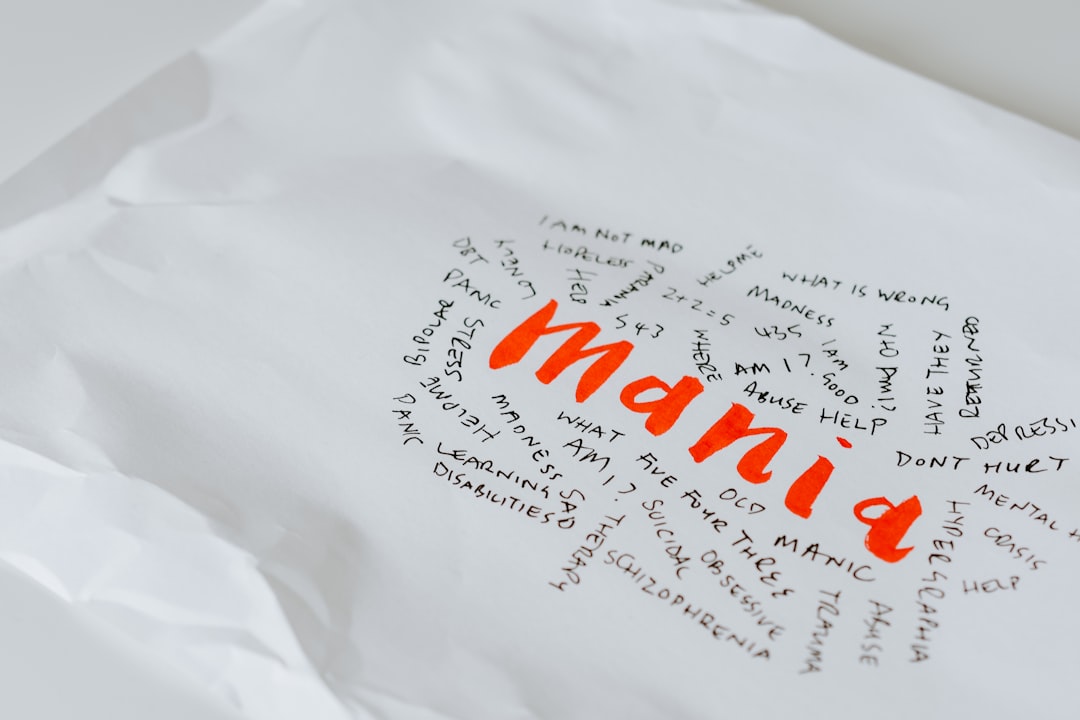What is it about?
Investigates the nature of dysfunctional cognitions and beliefs that trigger hairpulling episodes according to in-depth interviews with eight adults with trichotillomania.
Featured Image
Why is it important?
The nature and role of dysfunctional cognitions and beliefs in trichotillomania has been under-researched. Greater understanding of this element of trichotillomania's phenomenology has the potential to inform and improve cognitive-behavioural models of and treatments for the disorder.
Perspectives
This publication represents the first phenomenological research conducted on trichotillomania in Australia, where awareness, knowledge, and resources for the disorder remain limited. Additionally, this research is the first in-depth, qualitative investigation of the nature and role of dysfunctional cognitions and beliefs in trichotillomania.
Dr Imogen Rehm
Swinburne University of Technology
Read the Original
This page is a summary of: The Role of Cognitions and Beliefs in Trichotillomania: A Qualitative Study Using Interpretative Phenomenological Analysis, Behaviour Change, August 2015, Cambridge University Press,
DOI: 10.1017/bec.2015.11.
You can read the full text:
Contributors
The following have contributed to this page










